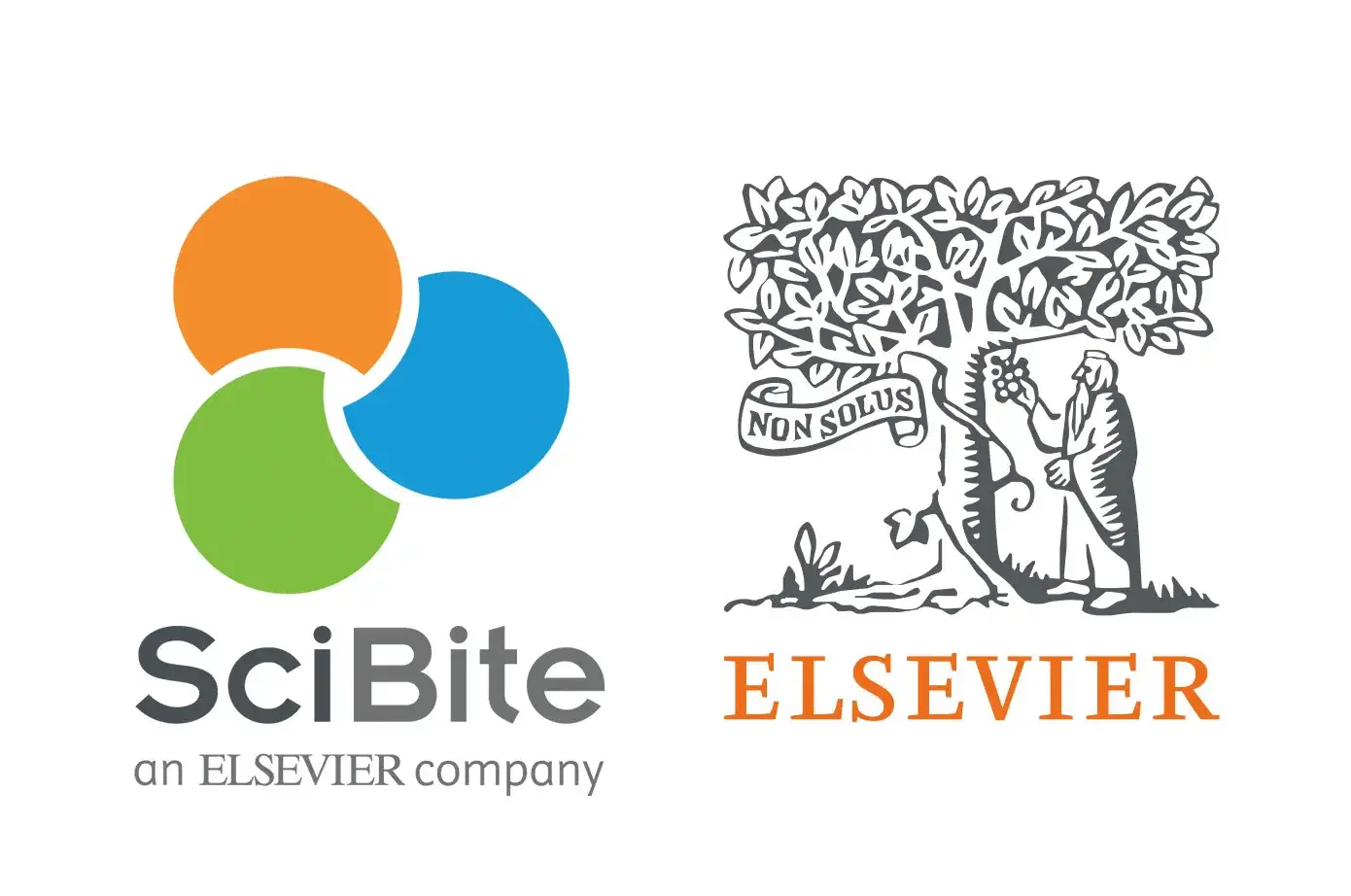
-
How SciBite and Elsevier manage KOL identification


Identifying KOLs enables our customers to be the first to follow the latest trends and markets or start new collaborations. As you can imagine, spotting and engaging KOLs as fast and accurately as possible is crucial - read more to understand how.
Read -
How SciBite technology can facilitate gene-disease relationship extraction


As genomic sequencing technologies get more advanced, large numbers of gene-disease associations have emerged. A gene with an unclear role within a disease is a source of ambiguity and can lead to misdiagnosis. In this blog, we demonstrate how semantic search technology can facilitate Gene-Disease Relationship Extraction.
Read -
SciBite launches SaaS versions of its semantic technology products


SciBite has today unveiled its new Software-as-a-Service (SaaS) version of TERMite, SciBite’s named entity recognition engine, and its CENtree™ ontology management system.
Read -
Exploring breast cancer biomarkers with a literature biomarker database
In this piece we'll show how natural language processing can be applied to build a searchable database of disease biomarkers, presented in the context of their corresponding scientific publications. To illustrate the power of this approach we'll focus on examples of protein biomarkers relating to Breast Cancer.
Read -
Machine Learning insights from Japanese language academic text
In this blog, we delve into how we applied novel machine learning and curation methods to Japanese language literature, techniques we believe are transferable to other under-supported languages.
Read -
A helping hand from BERT for Deep Learning approaches
SciBite CSO and Founder Lee Harland shares his views on the use of BERT (or more specifically BioBERT) for deep learning approaches.
Read -
The benefits of semantically enriching document mining for chemists
In this blog post, learn more about how our partner ChemAxon have integrated SciBite’s ultrafast named entity recognition (NER) and extraction engine solution, TERMite, into their leading cheminformatics platform, and how this can benefit your organisations informatics architecture.
Read -
SciBite & RDF (Resource Description Framework) – A natural semantic fit
In this article, we’ll explore how SciBite’s platform works with the semantic web and its primary data representation format, RDF, along with the benefits each technology brings.
Read -
Drug repurposing, rare diseases and semantic analytics
In this blog we cover how to look potentially reduce the cost of and speed up the repurposing pipeline.
Read -
Taking semantic search to full text
Guest post from CCC, leader in creating global licensing and full content solutions, on the advantage of full text for semantic search.
Read -
SciBite and PerkinElmer provide advanced analytics from unstructured scientific data
PerkinElmer, Inc., today announced sophisticated scientific semantic enhancements to the PerkinElmer Signals™ Perspectives platform, powered by SciBite and Attivio®.
Read
How could the SciBite semantic platform help you?
Get in touch with us to find out how we can transform your data
© Copyright © 2024 Elsevier Ltd., its licensors, and contributors. All rights are reserved, including those for text and data mining, AI training, and similar technologies.










